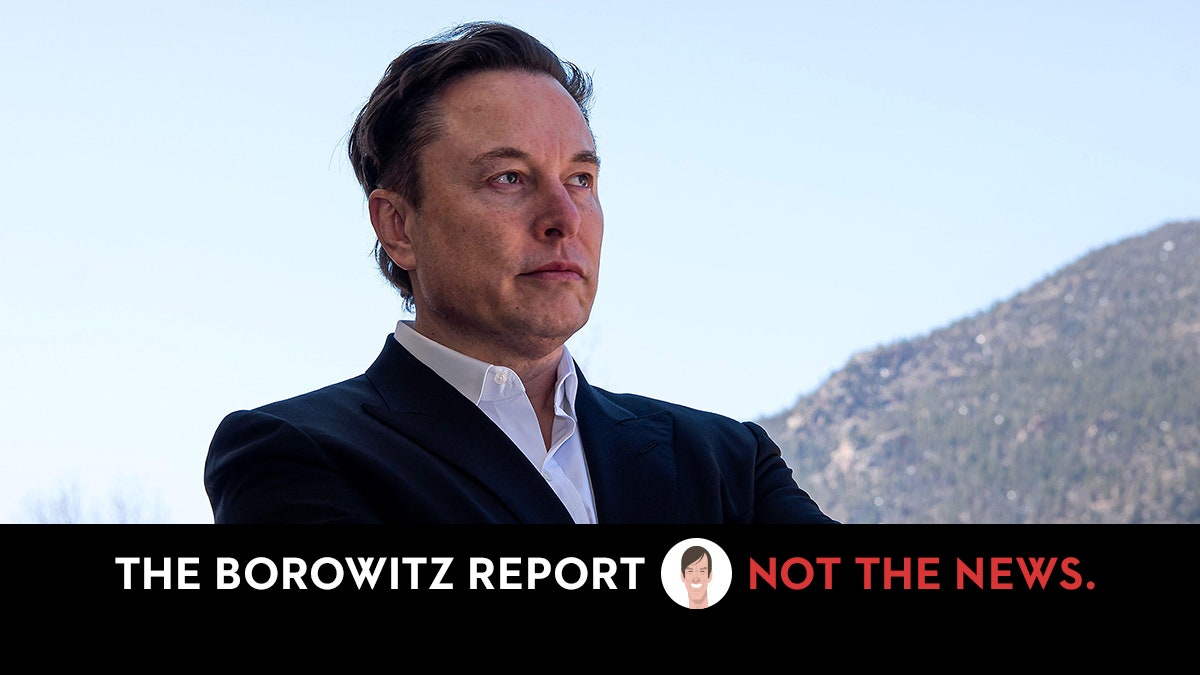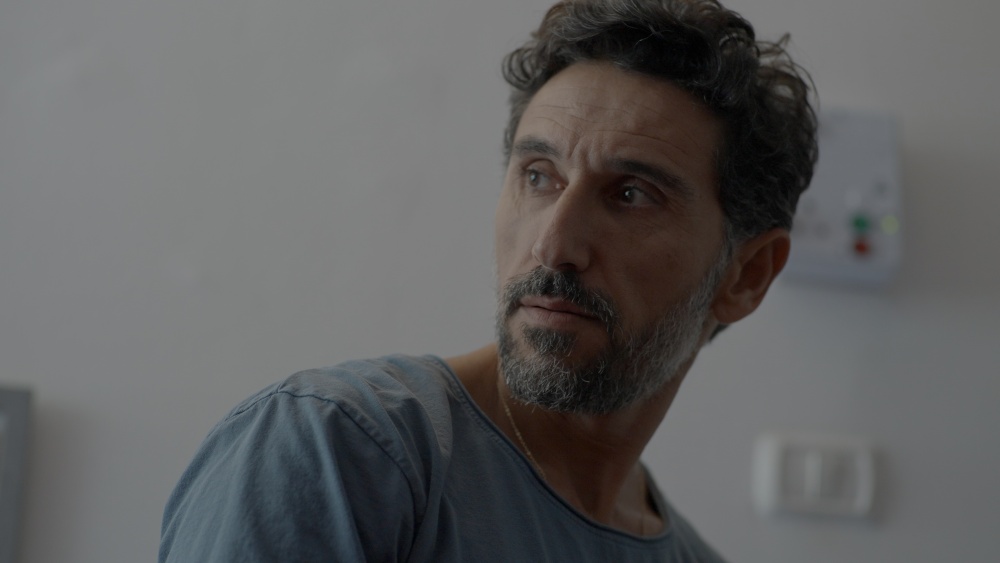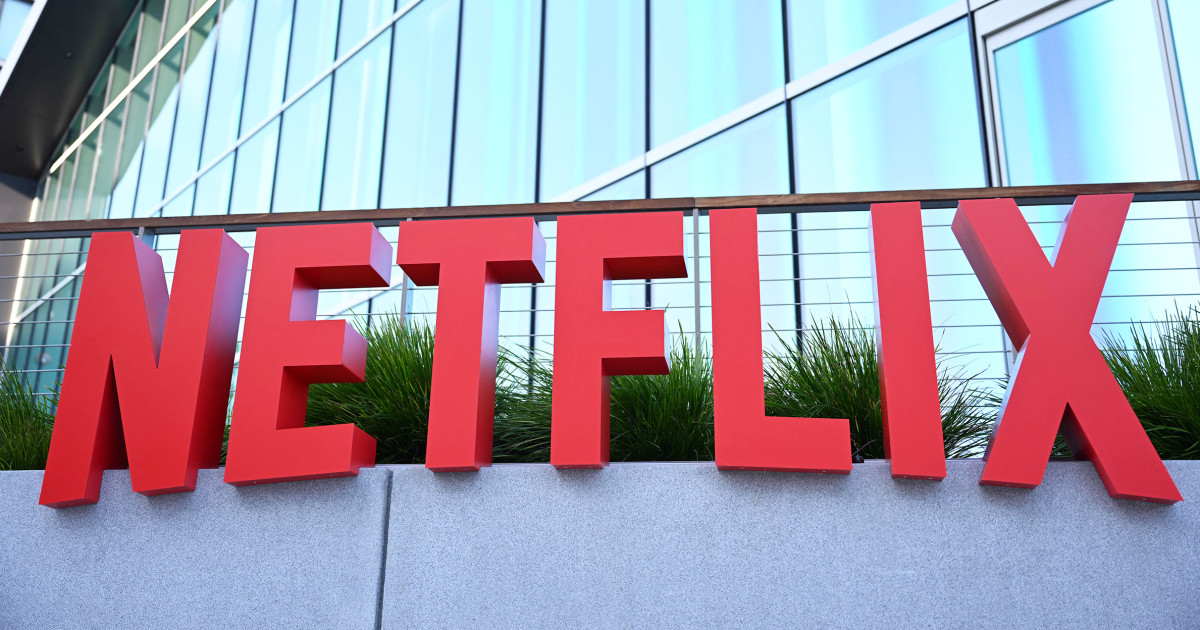ABC News Hires The Economist’s G. Elliott Morris To Lead Data Analytics Team, Oversee FiveThirtyEight After Nate Silver Exit – Deadline

EXCLUSIVE: ABC News is hiring The Economist’s G. Elliott Morris to be the editorial director of data analytics for the news division, a post that also oversees FiveThirtyEight.
Nate Silver, the founder of FiveThirtyEight, announced last month that he was leaving the network, amid a round of job cuts. Silver said that about 2/3 of the staff had been laid off.
Morris has been senior data journalist and U.S. correspondent for The Economist and was the lead developer of election forecasting models for U.S. and foreign elections.
In an interview with Deadline, Morris declined to address the staffing cuts, but suggested that there would be more integration of their work with the news division. He said that “we’re sort of restructuring how data journalism and FiveThirtyEight and ABC News works together.”
Morris, who will start on June 26 and will be based in Washington, D.C., will launch “a full suite of poll-aggregation and election-forecasting models for U.S. elections to be used across broadcast, streaming and digital,” ABC News President Kim Godwin said in a memo to staffers on Friday. He will work closely with the network’s politics unit and the decision desk, she said, and will report to Lulu Chiang, vice president of ABC News Digital.
ABC News plans to keep the FiveThirtyEight name for now, but after Silver’s exit there were reports that he would retain rights to certain election models.
Morris said that a number of the models “will be rebuilt from the ground up,” adding that he had been “running very similar election and polling models” for The Economist for the past five years.
“This is going to be a similar experience for readers, but on the back end, we have an exciting opportunity to sort of rebuild, rebuild everything. That doesn’t come around once in a while,” he said.
Morris wrote a data column for The Economist’s weekly Checks and Balances newsletter, and is the author of the book, Strength in Numbers: How Polls Work and Why We Need Them.
Morris said that FiveThirtyEight “has a really strong brand, not just with election wonks but the wider media ecosystem. It’s been around for 15 years. It’s what inspired me, in part, to be a data journalist, and I expect the core mission to stay basically the same.”
Looking to the challenges heading into the 2024 cycle, he said that “in the media, there’s questions about what the goals of statistical political analysis should be. Should we be focusing less on prediction and more on sort of how opinion polls are measuring public opinion and how we explain how voters are making decision? That is something that I hope the teams here can answer and ultimately providing output over the next couple of years.”
He added, “There’s also some questions of how polling even works,” noting that the 2016 and 2020 presidential elections have shown “that the way people answer polling has changed, if they answer polls at all, and that puts their reliability into question. The current models that FiveThirtyEight uses to aggregate those data were built roughly 15 years ago, and the polling industry has changed a lot since then. So the aggregation models should change, too. The question is how we do that. That’s something we are going to answer internally.”
Morris noted that the use of election results percentage probabilities on their own is”just confusing for people,” and said that the numbers “need to be paired with detailed and comprehensive visualizations from our models.”
He also said that he wants to aggregate issue-opinion polls, on topics like abortion and immigration, in addition to the data unit’s election polling. He also talked of working with the newsroom to model non-political issues in areas like health and the economy, and they would “try to convert our election forecasts, not just into pre-election forecasts, but also live election night forecasts.”
“We’re not going to replace The New York Times needle,” he said, referring to the publication’s graphic, a real-time forecast of election night outcomes. “It does a really good job of what it does. But we can fill in the gaps here at the ABC News politics and data teams and do some other cool storytelling with a similar model.”
G. Elliott Morris
ABC News
Godwin’s memo to staffers is below:
Good morning ABC News,
I am pleased to share that G. Elliott Morris will be the editorial director of data analytics for ABC News, which includes FiveThirtyEight. Elliott starts on June 26 and will be based in Washington, D.C.
Elliott will lead our data journalism efforts for ABC News and FiveThirtyEight, including launching a full suite of poll-aggregation and election-forecasting models for U.S. elections to be used across broadcast, streaming and digital. Elliott and the FiveThirtyEight team will work closely with the politics unit and the decision desk to conduct original studies of polling data to deliver our audience information that goes beyond predicting voting choices to explore the intricate landscape of human emotions, motivations, and the fascinating web of influences that shape these results. Elliott will report to Lulu Chiang, vice president of ABC News Digital.
Elliott is an experienced data-driven journalist. He previously worked as a senior data journalist and U.S. correspondent for The Economist, covering American politics, public opinion polling, demographics and elections. He was the lead developer of The Economist’s election forecasting models for U.S. presidential and foreign elections. From 2020 to 2023, he wrote a data column for the paper’s weekly “Checks and Balance” newsletter on U.S. politics. Elliott is also the author of “Strength in Numbers: How Polls Work and Why We Need Them.”
With Elliott leading the talented data journalism team at ABC News and FiveThirtyEight, I look forward to the robust analysis of this current election cycle and the evolution of polling data at ABC News.
Please join me in congratulating Elliott and welcoming him to ABC News!
#oneabcnews
Kim










